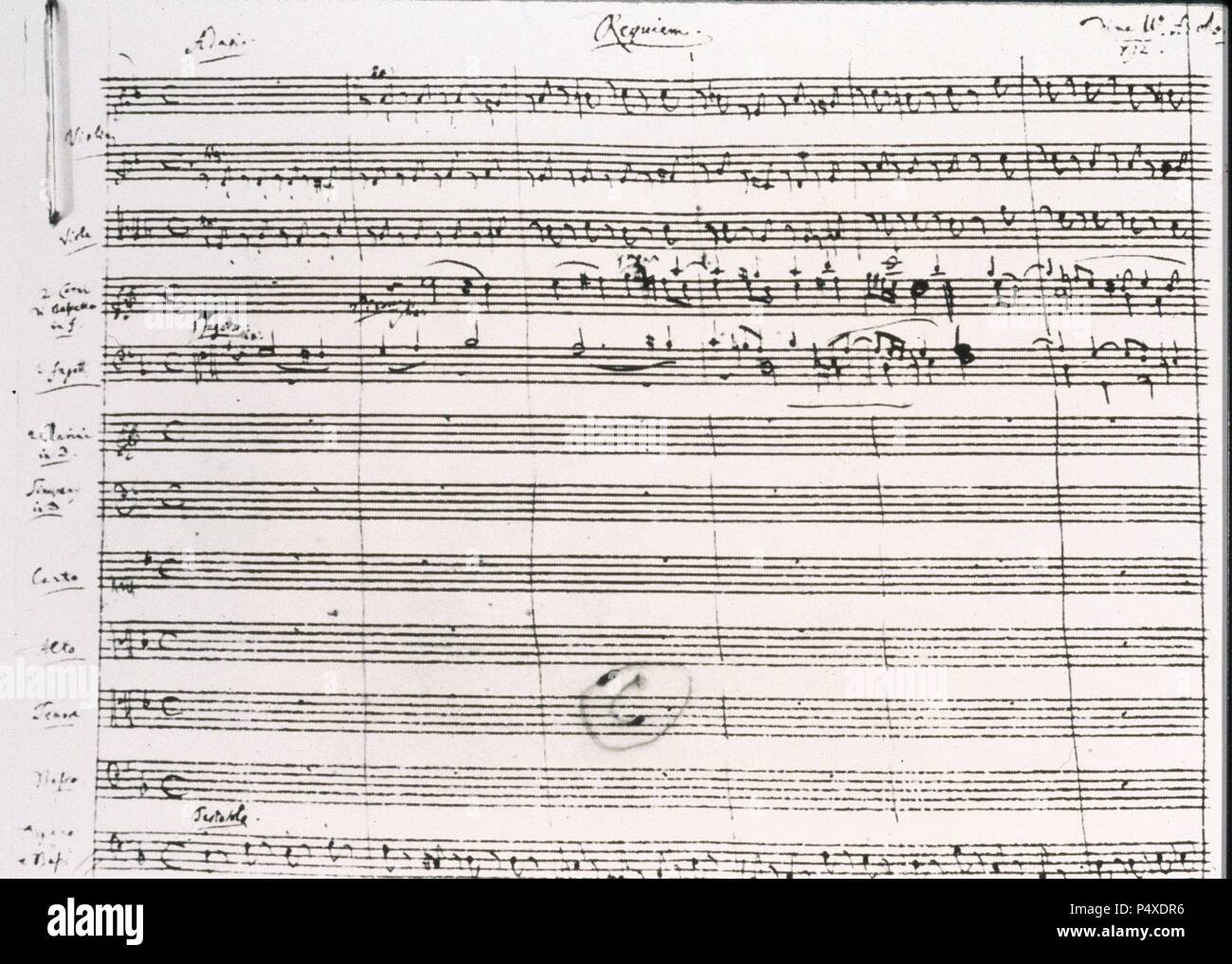
Consider writing about your experience and musical tastes.Do you like the artist? Is the transcription accurate? Is it a good teaching tool? Explain exactly why you liked or disliked the product.We recommend that you contact your local customs or import office for further information. We do not refund customers who refuse shipments or return items because they do not want to pay customs or import taxes. The person who received the order is responsible for paying all customs or import tax. For all international shipments, we identify the order contents and cost of the order on the custom form, however, we have no control over whether your country will charge customs or import tax when the package arrives. Packages delivered outside the US may incur customs or import taxes. We reserve the right to discontinue or change Budget Air/Ground Shipping at any time.Budget Delivery is not the default shipping option, so customers must choose this option during checkout.Length of delivery depends on the time required for products to move through your country's customs or import tax system.Note: Budget Air/Ground takes a little longer than our other shipping options, but it's a great value if you're not in a rush. Yet, for all its solemnity, Mozart’s Requiem is a luminous and wondrous thing, more than merely beautiful.Enjoy our Budget Air/Ground Shipping - starting as low as $2.99! Simply choose Budget Air/Ground as your shipping method during checkout. Appropriately, the scoring is dark in color: lighter-hued flutes and oboes are omitted and the strings are often used in their lower registers. One is left with the sense, however, that Süssmayr is more to be thanked for saving the work from oblivion than censured for possibly taking more credit than is due him.Īs an entity, the Requiem is a grandiose work, powerful in the fearsomeness of its visions of the Last Judgment, sublime in the gentleness of its evocation of salvation and eternal rest. Many have been the arguments against the sections composed entirely by Süssmayr and even of those parts reconstructed by him. It remained for Eybler and Süssmayr to reconstruct and/or fill in the sketches – according to Mozart’s instructions or verbal intentions – of a large portion of the torso, and for Süssmayr to compose the Sanctus, Benedictus, and Agnus Dei. He had intended for the Requiem to be performed in memory of his wife, who had died the previous February.Īccording to recent of the scholarly conclusions, Freystadtler’s role was small, in that he, together with Süssmayr, assisted with the completion of the fugue of the Kyrie. When the Requiem was completed, the identity of the commissioner became known: he was Count Franz von Walsegg, who frequently paid composers for pieces which he then passed off as his own. How, then, do we have a complete Mozart Requiem? Anxious not to lose the fee for the work, Constanze, Mozart’s widow, entrusted the completion of the score to Süssmayr and two of her husband’s other students, principally Joseph Eybler, but also Franz Freystadtler. When Mozart died on December 5, only the first two sections, the Requiem and the Kyrie, were completely finished the second to the ninth movements – the Dies Irae to the Hostias – were left in draft form.

By November 1791, with his days numbered and anguished beyond belief, he was working on the Requiem from his deathbed, with his pupil Franz Xaver Süssmayr in attendance. It is possible that he might have, had he not taken time off to compose La clemenza di Tito for the coronation of Emperor Leopold in Prague on September 6, to write a Masonic Ode, completed on November 15, and (thank heaven) to finish Die Zauberflöte. Tragically correct in the former statement, he could not fulfill the latter. He said to a friend, “I am writing my own funeral music. Although ill, Mozart began the work, but as he did, he became progressively more fatalistic, even believing that he was being given slow poison. Mozart accepted, a fee was agreed upon, and a condition set that he not try to learn the identity of the commissioner. The tale begins as one of fiction would: A messenger arrives on Mozart’s doorstep with a commission for a Requiem Mass. Mozart’s Requiem offers music history one of its most convoluted mysteries, the twisted threads of which are to this day the subject of further investigation.


 0 kommentar(er)
0 kommentar(er)
